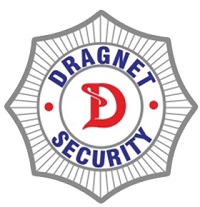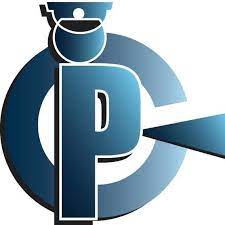The IT Support Specialist is responsible for providing technical support in physical security solution to end-users within the organisation. He/She may be required to work evenings, weekends, or overtime to address critical issues or perform system upgrades.
Responsibilities:
User Support:
Provide prompt and professional technical support to end-users via various channels (phone, email, chat, or in person).
Assist users with hardware and software issues, including installation, configuration, and troubleshooting on security devices.
Troubleshoot and resolve issues related to printers, peripherals, and mobile devices.
Hardware and Software Maintenance:
Perform routine maintenance, upgrades, and repairs on computer systems and other IT equipment related to access control and network.
Install and configure software applications, including operating systems, productivity software, and security tools.
Monitor and manage system backups to ensure data integrity.
Network Support:
Assist in setting up and maintaining network connections and infrastructure.
Troubleshoot network-related problems, such as connectivity issues, and resolve them in a timely manner.
Collaborate with network administrators to maintain and improve network security.
Documentation:
Maintain accurate records of support requests and solutions in the ticketing system.
Document IT equipment inventory, including serial numbers and configurations.
Create and update user guides and documentation for common IT issues.
Security Compliance:
Assist in enforcing IT security policies and procedures.
Educate end-users on best practices for data security and privacy.
Monitor and report on security threats and incidents.
Training and Education:
Conduct training sessions or workshops to help users understand and utilize technology effectively.
Stay updated on the latest technology trends and products to provide informed support and recommendations.
Qualifications:
Bachelor’s degree in Information Technology, Computer Science, or a related field (or equivalent experience).
Relevant certifications (e.g., CompTIA A+, CompTIA Network+, Microsoft Certified Desktop Support Technician) are a plus.
Proven experience in IT support and troubleshooting in networks and security software.
Knowledge of networking concepts and protocols.
Understanding of cybersecurity best practices.
























